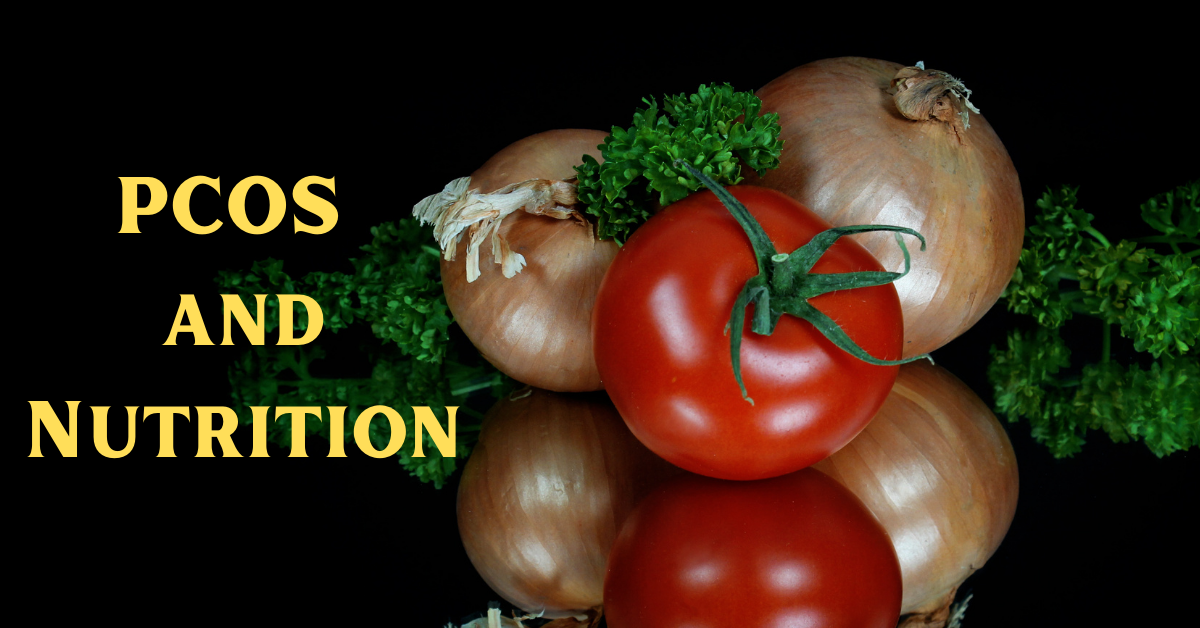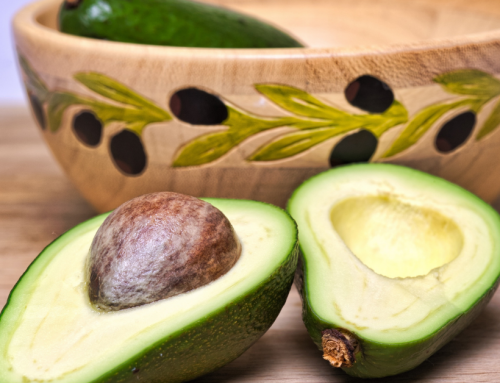A Different Look at PCOS Nutrition
There are many concerns around PCOS, mainly because it is the leading cause of infertility in the United States. One out of every ten women of childbearing age has PCOS and remains undiagnosed.
Polycystic Ovary Syndrome
– is a complex hormone disorder defined by various signs and symptoms; the exact cause is not known; genes, inflammation, and insulin resistance are all factors that may play a role. Signs of androgen (hormones that contribute to growth and reproduction in men and women) include excess facial hair, acne, and cysts on the ovaries.
These hormonal imbalances cause oligoovulation and anovulation, meaning that women with PCOS ovulate regularly or not at all. Because it is impossible to get pregnant naturally without ovulating, most women with PCOS find it very difficult to get pregnant when they decide to start a family. Although there is no “cure” for this condition, diet and lifestyle changes can help increase fertility and minimize symptoms.
As women, we hold a unique power to create new life. Deciding to start a family and exercise your extraordinary ability to create new life can be an exciting and fun chapter. If conceiving has been difficult for you, feelings of emptiness and depression could set in. PCOS comes in all shapes and sizes; if you experience any symptoms, you should contact your medical doctor and seek a diagnosis. There may be other ways to rebalance your hormones and rebalance your internal systems through diet and lifestyle changes.
Here are some things you should be focused on if you are experiencing symptoms of PCOS:
BLOOD SUGAR IS ALWAYS A FACTOR
When referring to keto diets, diabetes, obesity, and other chronic illnesses, blood sugar levels are the first things to consider. Glucose is the primary sugar found inside our blood; it rises in response to carbohydrate consumption.
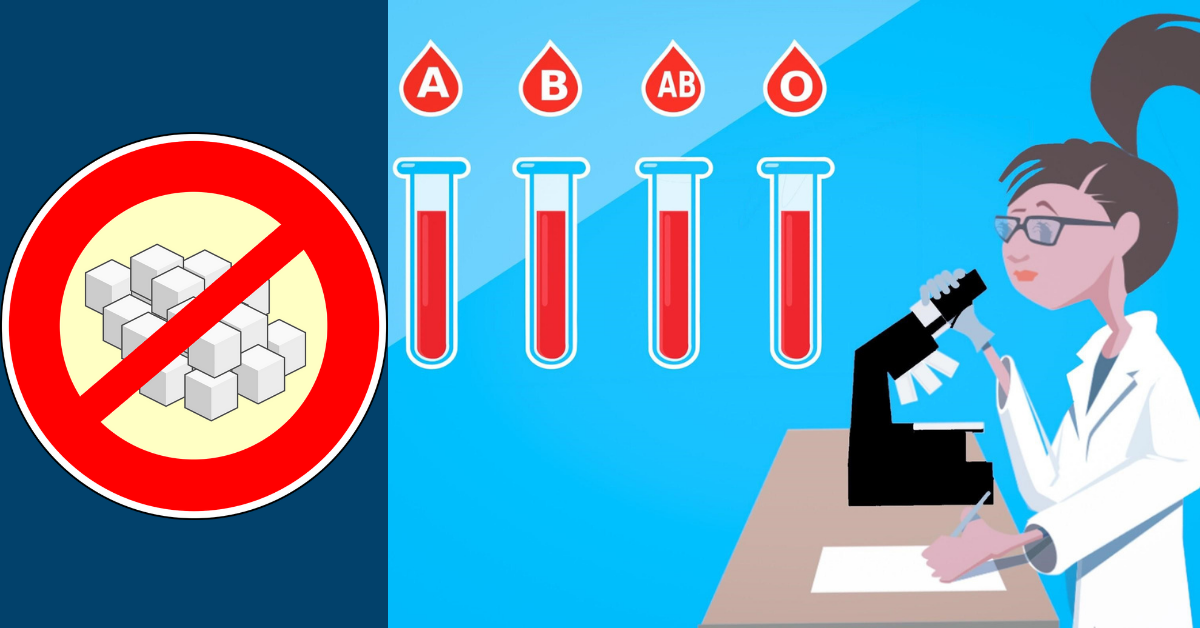
Blood sugar fluctuates wildly with what we eat. The pancreas is in charge of keeping our blood sugar in check; it accomplishes this by releasing a hormone called insulin. The problems begin when the body has trouble responding to insulin effectively. The body’s inability to deal with insulin results in excess glucose floating around our bodies, causing more and more insulin to be pumped out to deal with it. Eventually, our bodies start responding to sugars differently. This is how insulin resistance comes about.
According to rescripted.com, Cory Levin, MS, RDN:
“Although it doesn’t occur for every woman with the condition, insulin resistance is a critical feature in PCOS. For mechanisms not entirely understood, an imbalance in blood sugar and thus insulin resistance causes our brain to send messages to our ovaries to pump out more testosterone.
A surplus in these androgens, or male hormones, causes many unwanted PCOS symptoms like facial and chest hair growth, acne, hair loss on the head, and weight gain. In addition, our reproductive hormones respond to elevated androgens by halting ovulation, rendering us unable to get pregnant.
Along with androgen excess, poorly controlled blood sugar can also lead to chronic increases in cortisol, our stress hormone. When our cortisol is running rampant, it can contribute to symptoms like irregular ovulation and irregular or absent periods. In this sense, blood sugar is essential when we’re talking about trying to conceive with PCOS.”
How do we balance our blood sugar and improve infertility?

This may not be the easiest thing to hear; sugar lovers, a ketogenic diet that is low in sugar and carbs may be the answer to your fertility issues. Prioritizing your macronutrients like protein and fat and limiting carbohydrates is key to keeping your blood sugar stable on a more consistent basis.
Carbohydrates affect blood sugar the most. Therefore we should pay the most attention to how many and what types of carbs we ingest. Foods like grains, starchy vegetables (grown below ground), fruits, beans, some dairy should be limited. The focus should be on nutrient-dense vegetables, fatty fish, and protein.
Note to self: going keto means you still have 10-15 % carbohydrate intake daily to sustain life’s processes. Limiting portion sizes and being mindful of what you are pairing with your carbs will help. Here are some ideas: having fruit as a snack is perfectly healthy, but to better control blood sugar, cut that fruit serving in half and add protein and fat to it (nut butter).
Always choose complex carbs for your carbohydrate intake that day. Sweet potato instead of Russett potatoes are complex and contain more fiber, slowing the blood sugar spike that follows any carb intake.
Consider working with a registered dietician who specializes in PCOS to assist you in figuring out what your carbohydrate tolerance is in hopes of getting you back on the path of restoring fertility.
ANTI-INFLAMMATORY FOODS
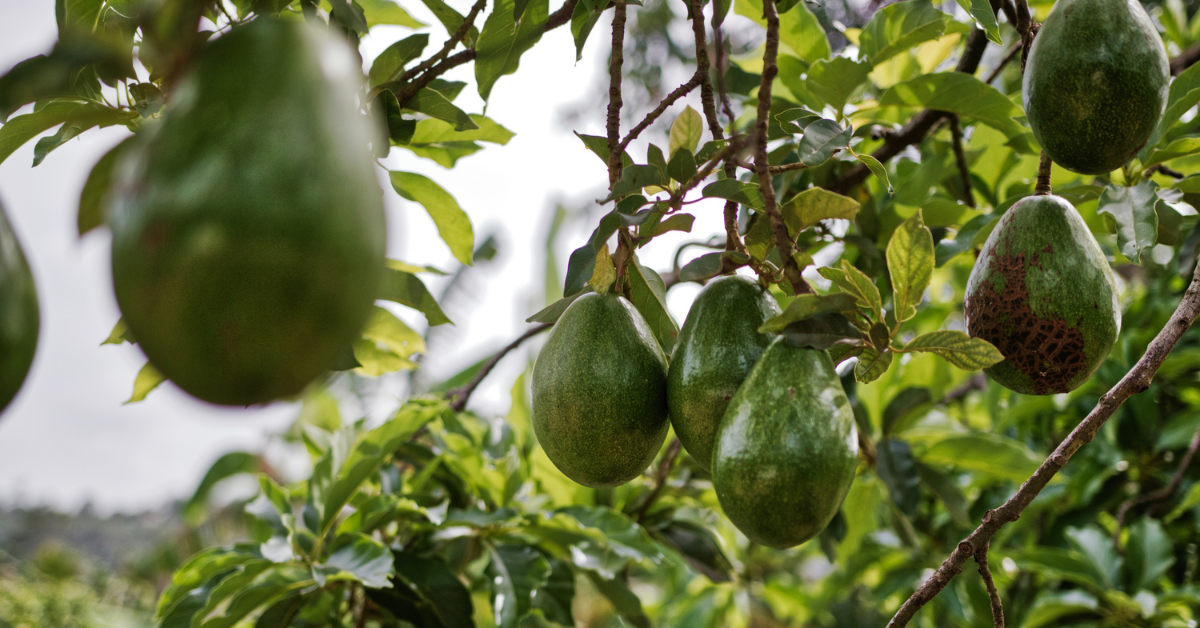
Anti-inflammatory foods are another hot topic for women with PCOS and people who follow a keto diet. Women with PCOS are in a chronic state of low-grade inflammation, which contributes to and sustains symptoms for women with this condition. High levels of inflammation are marked by higher levels of things such as C-reactive protein (CRP), oxidative stress, white blood cell count, and pro-inflammatory cytokines and chemokines.
For women trying to conceive, a body with chronic inflammation is not an ideal environment for your sex hormones to thrive and for a baby to be created; ditch pro-inflammatory foods, and incorporating anti-inflammatory nutrients into your diet can help mitigate PCOS symptoms.
Your goal may not be to increase your fertility right now. Your goal might just be overall health and wellness so that you can feel revitalized and ready for the next chapter in your life. Whatever your motivation is, remember to set goals for yourself. Being intentional about your food choices should always be at the top of your priority list because it is our primary energy source and affects our social-emotional health.
Everyone seems to be screaming about anti-inflammatory foods. So what are anti-inflammatory foods?
Here are some things I think about incorporating into my recipes and daily caloric intake:
- Avocados
- Berries
- Ginger
- Tomatoes
- Cherries
- Turmeric
- Mushrooms
- Salmon and other fatty fish
- Broccoli
- Kale
- Chia seeds
- Chili peppers
- Bell peppers
Take stock of these types of ingredients in your next meal. Pick an easy broccoli recipe to pair with dinner tonight or snack on a handful of blueberries. You can get creative with mushrooms, sauteeing, or blending them through a food processor with spices to make a delicious paste or dressing for your meats or vegetables. There are many ways to incorporate healthy things into your diet that your body will thank you for.
Things to avoid:
- Processed meats (hotdogs, salami, vegan meats)
- Too much alcohol
- Sugary drinks (fruit juice, delightful beverages, soda)
- White bread, white pasta, refined flour
- Chips, cookies, pastries
HOW TO FIND YOUR HEALTH
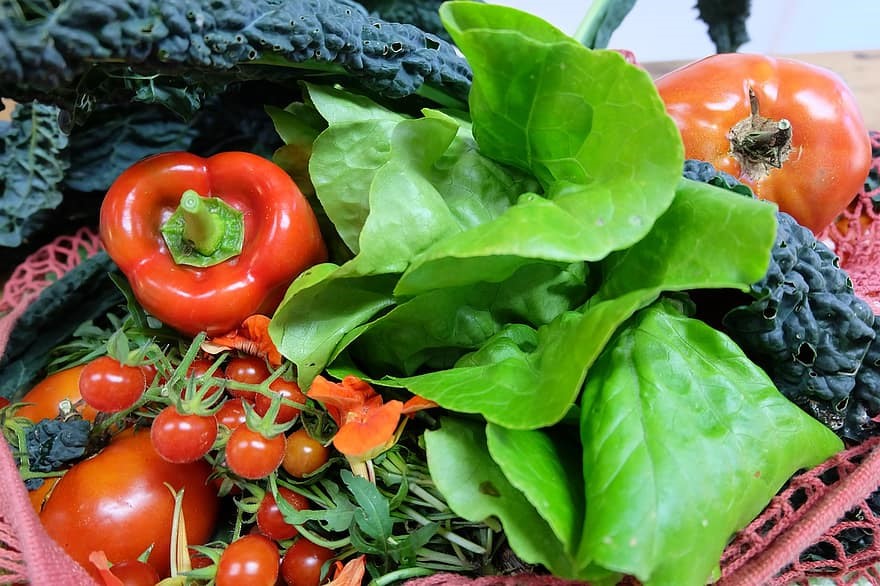
PCOS’s implications on one’s dietary patterns sleep, exercise/movement, and the relationship with food and one’s body solicit a change. Committing to a holistic approach that considers all of these factors to produce targeted and personalized results begin in dietary changes. Some take a nutrition philosophy grounded in mindful and intuitive eating, reducing the burden of the stigmas through a pledge to Health at Every Size.
Trying keto and starting a gym routine can sound intimidating, especially if you are battling something like PCOS. You may not know how deeply impactful life stressors around you are changing the cells in your body. Appreciating your body at the size you are now can be helpful as you start any type of lifestyle change. Focusing on eating a nutritional diet with minimal carbs and more anti-inflammatory foods will help your body restore its natural functions.
Stress reduction techniques are beneficial for women with PCOS and the general population. These are:
- Meditation
- Yoga
- Self-care
Although it may not be easy to target the exact thing that causes stress, it is easy to take a comprehensive healthier approach to eating. When you change the way you eat, you change how you think. Our body, mind, spirit, and well-being depend on the choices we make and what we prioritize.
The secret to a healthier life is within you. You are the only one that can change your story. There is no reason to beat yourself up or give up on yourself and the challenges you face. I suggest things like writing out a daily schedule.

What does your hectic, crazy day look like right now? If you write down hour by hour your daily schedule, you can likely pencil in a half-hour or hour for exercise or intentionally pack healthier foods for your lunches. If you work from home, get out of your house and use the outdoors to motivate your movement.
The studies that have been done around Keto and PCOS
There is a lot of anecdotal evidence around PCOS and the ketogenic diet available. However, a few published trials confirmed the low-carb ketogenic diet for women with PCOS. one particular study that I found was around 11 women with PCOS who followed the ketogenic diet for six months. These women averaged 12% weight loss, and their fasting insulin declined by 54%, their reproductive hormones levels improved, and two of those women who had infertility became pregnant.
In another study led by the Cleveland Clinic, they targeted one of the main symptoms of PCOS, insulin resistance. These patients had high levels of insulin, which suppressed ovulation. This study aimed to see if the ketogenic diet would improve the outcome of fertility treatments by significantly reducing insulin levels and their harmful effects on the ovaries.

The leader of this trial is Ula Abed Alwahab, MD (leader of the PCOS program within Cleveland Clinic’s Obesity and Weight Management Program. His team recruited four women that followed a proven ketogenic program for six months.
“Since the ketogenic diet is quite restrictive, close monitoring is vital to ensure that patients are following it correctly without experiencing side effects (e.g., dehydration) or injury,” notes Dr. Abed Alwahab. Monthly monitoring included checking each patient’s labs.
Each month, Dr. Abed Alwahab would have appointments with the patients, ensuring they followed the strict diet and maintained good health. The doctor also educated the women on different topics related to PCOS, including diet and women’s health issues. After the initial six months, patients were switched to a low carb non-ketogenic program and seen once every two to three months.
The trial yielded results:
- All four patients could adhere to the diet and lose 19-36 lbs.
- All four patients had irregular periods before starting the diet; within 4-8 weeks, they resumed regular menstruation.
- Two of the four women were able to conceive spontaneously without ovulation induction.
“Previous data in medical literature explained how weight loss helps manage PCOS. However, no one identified the only weight loss program to achieve this,” explains Dr. Abed Alwahab. “While this study is just the beginning, our initial results are quite promising, indicating the ability of the keto diet to resolve the symptoms of PCOS earlier than other methods.”
FUTURE RESEARCH
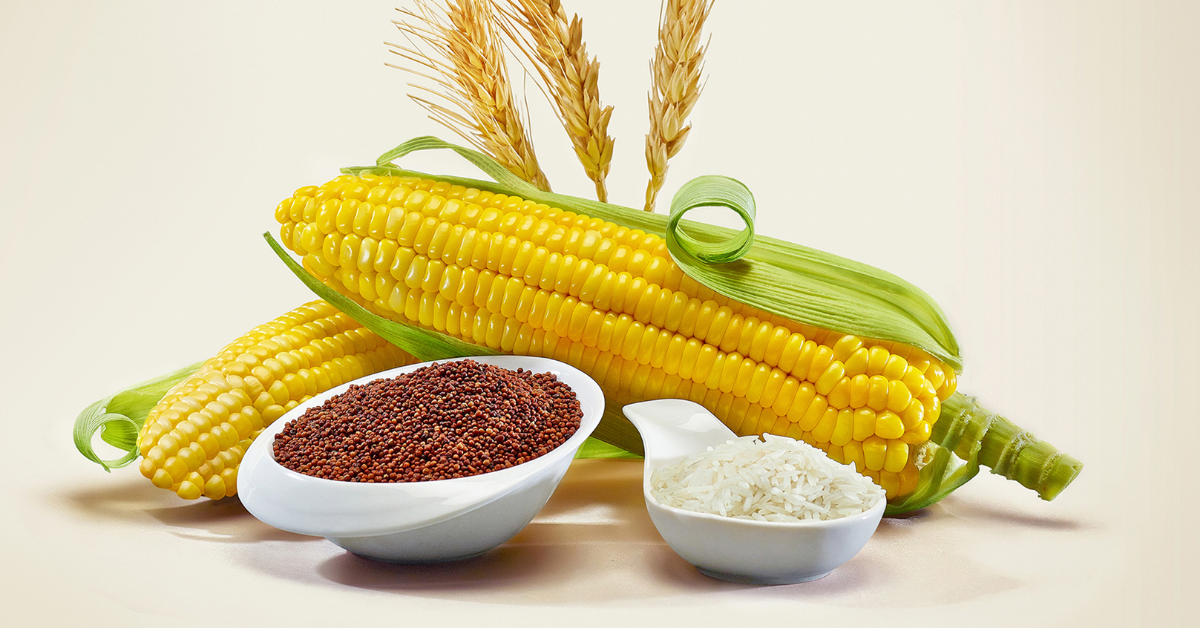
According to this specific study aforementioned, Dr. Abed Alwahab reiterates the many factors that play a role in stopping a ketogenic diet during pregnancy. Healthy pregnancies require a variety of whole grains and fiber; more data is necessary to determine the optimal balance of carbs and other nutrients for pregnant women with PCOS.
The ongoing trials at the Cleveland Clinic are one of many institutions trying to resolve PCOS symptoms with diet alone. There are future studies underway regarding ketogenic diets, PCOS, and infertility. There is hope that simple dietary changes can alter the pathway your life is taking.

